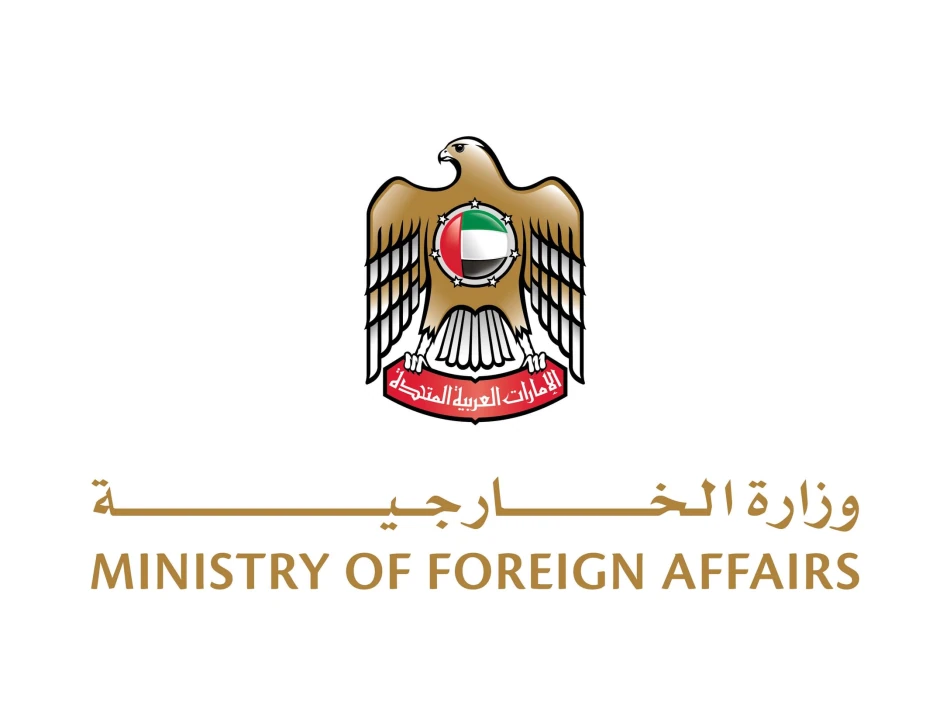
UAE Welcomes Ceasefire Deal between Pakistan and Afghanistan, Commends Qatari and Turkish Mediation Efforts
The UAE has welcomed a new ceasefire agreement between Pakistan and Afghanistan, marking a significant diplomatic breakthrough in a region that's seen ongoing tensions. The deal includes plans to create formal mechanisms aimed at maintaining long-term peace and stability between the two neighboring countries.
The UAE's Foreign Ministry praised the diplomatic efforts that made this agreement possible, specifically highlighting the work done by Qatar and Turkey. Both countries played key roles in creating the right conditions for productive dialogue and helping both sides reach this understanding.
This ceasefire comes at a crucial time for the region. Pakistan and Afghanistan share a complex 1,600-mile border that has been a source of security concerns for both countries. Cross-border incidents have periodically flared up, affecting trade, refugee movements, and regional stability.
The UAE's support reflects its broader foreign policy approach of backing diplomatic solutions in regional conflicts. The country has consistently positioned itself as a mediator in Middle Eastern and South Asian disputes, seeing regional stability as essential for economic growth and development.
For both Pakistan and Afghanistan, this agreement could open new opportunities for economic cooperation and trade. Afghanistan, in particular, relies heavily on Pakistan for access to international markets through key border crossings. A stable relationship between the two countries could help improve Afghanistan's economic situation while benefiting Pakistani border communities.
The involvement of Qatar and Turkey as facilitators also shows how regional powers are taking more active roles in conflict resolution. Qatar has built a reputation as a diplomatic mediator, while Turkey has historical ties and influence in both South and Central Asia.
The UAE emphasized that this agreement aligns with both countries' peoples' hopes for peace and development, suggesting that economic cooperation could follow if the ceasefire holds and the planned peace mechanisms prove effective.
Most Viewed News

 Sara Khaled
Sara Khaled






